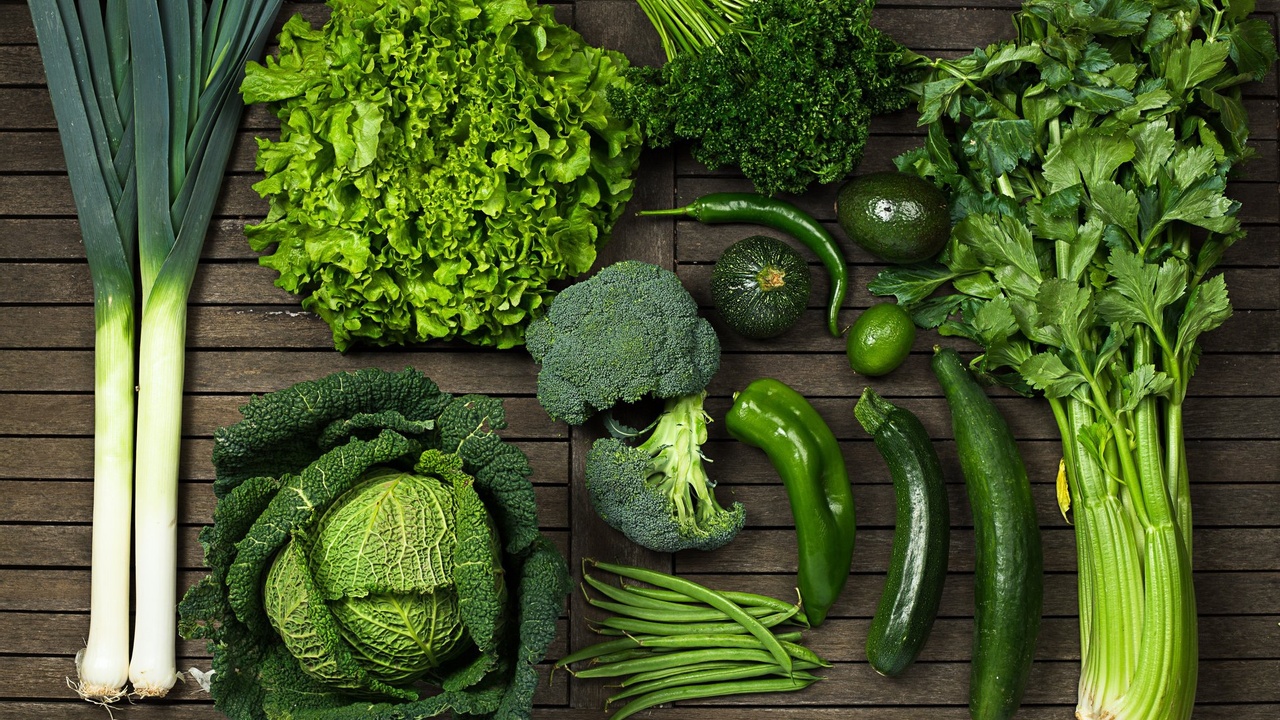4 Things to Know About Vitamin K
Apr 15, 2021
Vitamin K is probably one of the least talked about nutrients yet one of the most vital throughout life. Vitamin K is actually a group of fat soluble nutrients that can come for a variety of foods and can get stored in fatty tissues in the body.
Vitamin K1 also known as phylloquinone, is found abundantly in foods such as green leafy vegetables. When we consume this form it gets converted by the bacteria that lives in the gut into K2 or more accurately, a drop of compounds called menaquinones, which are variants of K2. Menaquinones, being bacterial in origin are also found in some animal products and fermented foods. So why is it so important and what does it do?
Regulates blood clotting
Without vitamin K our body cannot produce prothrombin. This is a substance that is involved in regulating blood clotting, and also affects bone metabolism. Prothrombin is turned into thrombin which then turns fibrinogen into fibrin which, along with platelets makes a blood clot.
New borns are given a vitamin K injection to prevent bleeding in the skull which is still malformed at this early age.
Skeletal health
Whilst vitamin K is certainly nowhere near as important to bone health as the likes of Vitamin D, Calcium, and Boron, a lack of it particularly in adulthood and among menopausal women is associated with reduced bone density. Data from ‘The Nurses Study’ certainly suggest this correlation. Vitamin K activates enzymes that are involved in bone mineralisation, and it is interesting to note that osteoblasts, the cells that “build” bone have receptors for vitamin K on their surface. An intake of around 100mcg daily is thought to be ideal for adults.
Cognitive function
Another area where Vitamin K may provide some benefit is in cognitive function. Epidemiological data is showing a correlation between vitamin K intake and impaired cognitive function, with higher intakes being associated with better cognitive function in ageing populations, a finding confirmed by Chouet et al (2015).
Cardiovascular health
There seems to be additional effects upon the cardiovascular system outside of influencing clotting. It appears that vitamin K can reduce mineralisation within blood vessels and offer some protection against strokes.
References
Chouet J, Ferland G, Féart C, et al. Dietary Vitamin K Intake Is Associated with Cognition and Behaviour among Geriatric Patients: The CLIP Study. Nutrients. 2015;7(8):6739-6750. Published 2015 Aug 12. doi:10.3390/nu7085306




